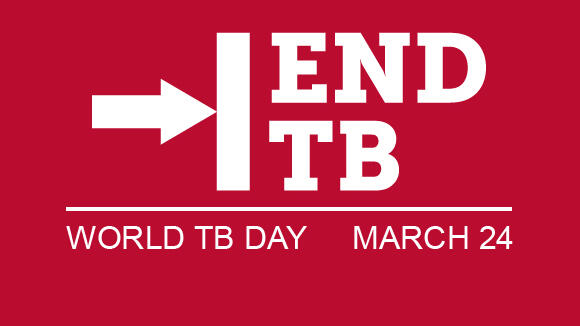
On 24th March 1882, Dr Robert Koch discovered Mycobacterium tuberculosis, the cause of tuberculosis (TB). Whilst tremendous efforts by the international community have resulted in a marked reduction in the number of people dying from TB, 137 years later, it remains the leading infectious disease contributing to death in low- and middle-income countries (LMIC).
The burden of tuberculosis in women of reproductive age and pregnant women in LMICs is still largely unknown but likely to be unacceptably high. It is estimated that at least 220,000 pregnant women suffer from active TB, and one-third of TB cases are in women of reproductive age. Many of these women also suffer from malnutrition and HIV. TB commonly features as a principal cause of non-obstetric maternal morbidity and mortality(link is external) (up to one-third of cases). In addition, women with active TB are at increased risk of adverse pregnancy outcomes(link is external)including stillbirth and low birthweight babies, the latter being a risk factor for short- and long-term infant morbidity and mortality.
The slogan for this year’s World TB day(link is external), “It’s time” relates to holding global leaders to account regarding promises made to tackle the global TB epidemic urgently. Within this, we believe specific considerations need to be made to prevent and treat TB amongst women who are planning a pregnancy, are pregnant, or have recently given birth. A multi-pronged approach to TB in pregnancy must include basic science and clinical and implementation research.
Amongst others, key gaps in our knowledge relate to the detection and treatment of TB in pregnant women, and how such infections impact on the development of the foetus and outcomes for the baby. We must evaluate factors which determine the successful integration of TB services into antenatal and postnatal care, to enable targeted funding that will translate into sustainable reductions in adverse outcomes. Strategies to test and treat women prior to conception and as part of integrated antenatal care and their impact on maternal and perinatal mortality remain under-researched, as does the impact of pregnancy on disease progression.
The upcoming World TB day is a duly reminder of the global burden and impact of TB. The prevention, diagnosis and treatment of TB in women of reproductive age – and in particular pregnant and postpartum women – deserves renewed attention. With support from The Global Fund to Fight AIDS, Tuberculosis and Malaria(link is external), The Centre for Maternal and Newborn Health (CMNH) is engaging with stakeholders in sub-Saharan Africa to improve the availability and quality of antenatal and postnatal care and to ensure this includes integrated care for TB, malaria and HIV. Work is also underway to expand CMNH’s research portfolio to explore the contribution of TB to maternal and newborn morbidity and to assess the impact of TB in pregnancy on pregnancy outcomes. Now is the time to target TB during pregnancy!